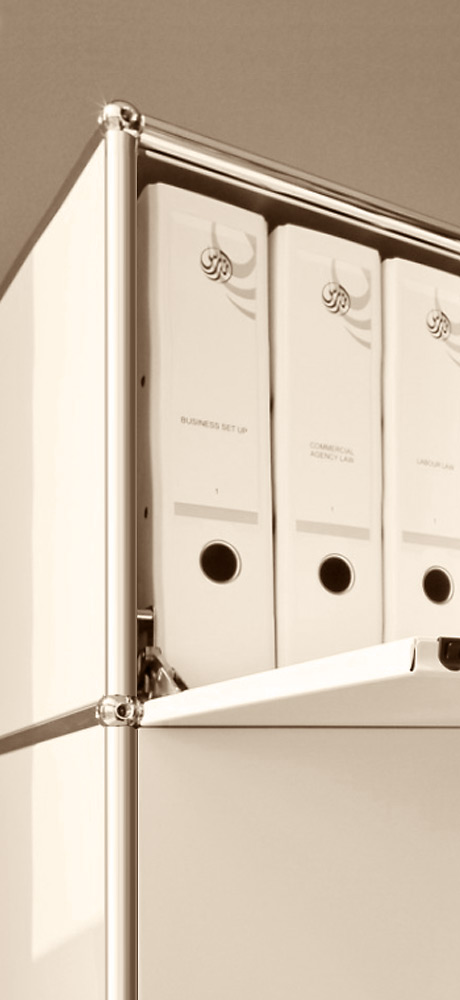Ramadan, the month of fasting, begins this year in mid-April. During this period, Muslims generally abstain completely from eating and drinking between sunrise and sunset. We have summarised special characteristics that Ramadan brings with it in terms of working life in the United Arab Emirates below.
How do working hours change during Ramadan?
Ordinary working hours outside Ramadan are a maximum of eight hours a day and 48 hours a week in the jurisdiction of the Ministry of Human Resources & Emiratisation ("MoHRE") and in all free zones except the financial free zones Dubai International Financial Centre ("DIFC") and Abu Dhabi Global Market ("ADGM"). Regular working hours in DIFC and ADGM shall not exceed 48 hours a week either, whereas a restriction on daily working hours is not expressly prescribed.
If an employee falls within the scope, his regular working hours must be reduced by two hours per day during Ramadan. Within the jurisdiction of MoHRE as well as in most free zones, such as the Jebel Ali Free Zone or the Dubai Multi Commodities Centre, the actual belief of the employee is irrelevant for the reduction in daily working hours. The situation is different in DIFC and ADGM. In DIFC, only employees of Muslim faith are eligible for reduced working hours. In ADGM, the Muslim employee must actually fast to be allowed to work two hours less per day.
However, with the exception of DIFC and ADGM, the reduction in working hours during Ramadan does not apply to employees in managerial positions, such as the manager shown on the employer's license.
Does the employee receive a reduced salary due to the reduced working hours?
A reduction in salary in accordance with the reduced working hours is not permitted. Thus, every employee receives his usual salary during Ramadan as well.
Is it permissible to work overtime during Ramadan?
It is allowed to work overtime during Ramadan. However, overtime is calculated and paid differently depending on the location of the employer.
In the jurisdiction of MoHRE and in the free zones with the exception of DIFC and ADGM, working hours seven and eight of a day are already considered overtime during Ramadan. In principle, these must be compensated with a surcharge of at least 25% of the total salary. Overtime worked between 9 pm and 4 am must be remunerated with a surcharge of at least 50%. It should be noted that an employee may not work more than two hours of overtime per day. Exceeding this limit is only permitted to avoid significant damage on the part of the employer.
How can regular business hours be maintained during Ramadan?
In order to maintain the usual availability and functionality of a company during Ramadan, non-Muslim employees can be asked to work overtime. Furthermore, the introduction of a temporary shift system might also be feasible. In this case, part of the workforce would commence work at the regular start time and finish two hours earlier because of Ramadan. The other part of the workforce would start two hours later and work until the usual closing time.
However, it is quite common for offices in particular to actually close two hours earlier than usual during Ramadan.
What should be taken into consideration with regard to fasting employees?
In public spaces, it is prohibited to eat or drink during Ramadan, regardless of the individual's actual faith. Since business premises are usually not considered public spaces, these restrictions do not generally apply therein. However, courtesy dictates that appropriate consideration be given to fasting employees and visitors.
For example, the employer should provide a separate dining room for non-fasting employees. During appointments, care should be taken not to offer refreshments to fasting customers. In addition, it is advisable to discuss details with the workforce and jointly establish guidelines so that the needs of each individual can be adequately met.
In addition, the employer should show understanding for the fact that the productivity of fasting employees may be lower than usual during Ramadan, depending on the specific activity undertaken.
Conclusion
Ramadan and the associated peculiarities in everyday working life are a striking example of the cultural diversity and tolerance in the United Arab Emirates. In particular, the breaking of the fast, the so-called iftar, offers the opportunity to gain an insight into other traditions during this period of the year.

